GEM Report
The recent new policy paper by the GEM Report shows that aid to each of the three education levels – basic, secondary and upper secondary education – has grown in the latest annual release of data from 2018. The last blog on this site looked at where aid to education is being allocated. This blog examines who the main donors are and for what education level.
The United States and Norway have prioritized aid to basic education
Of total aid to basic education, DAC member bilateral donors accounted for 57%, non-DAC bilateral donors (such as Saudi Arabia and the United Arab Emirates) for 11%, and multilateral donors for 32% in 2018. The United States, the World Bank, the United Kingdom and the European Union institutions together accounted for over 50% of total aid to basic education in 2016–2018.
The United States allocated US$1.3 billion to basic education in the period, more than twice as much as each of the other three donors, whose spending amounted to about $630 million on average. The bulk of the United States’ education aid (84%) is allocated to basic education, while the next three donors, as well as the two large non-DAC donors, allocated just half of their education aid to basic education; Germany and Japan allocate an even lower share.

Among the top 10 donors to basic education, only Norway has the same focus on basic education. These figures include, but do not distinguish, the amount of aid that bilateral donors channel through GPE. Analysis for this paper estimates that GPE may account for two-thirds of the growth in aid to basic education with unspecified recipients between the 2000s and 2010s, although this effect may have weakened in recent years.
A large share of the increase in aid to basic education in 2018 is explained by two countries, Saudi Arabia and the United Arab Emirates, which together gave US$627 million in 2018. This reflects their increased level of budget support to Yemen, of which 10% is assumed to be allocated to basic education according to the GEM Report methodology.
Overall, in 2018, funding from the United States and the World Bank, and to a lesser extent the United Kingdom, dominated aid flows to basic education in sub-Saharan Africa.
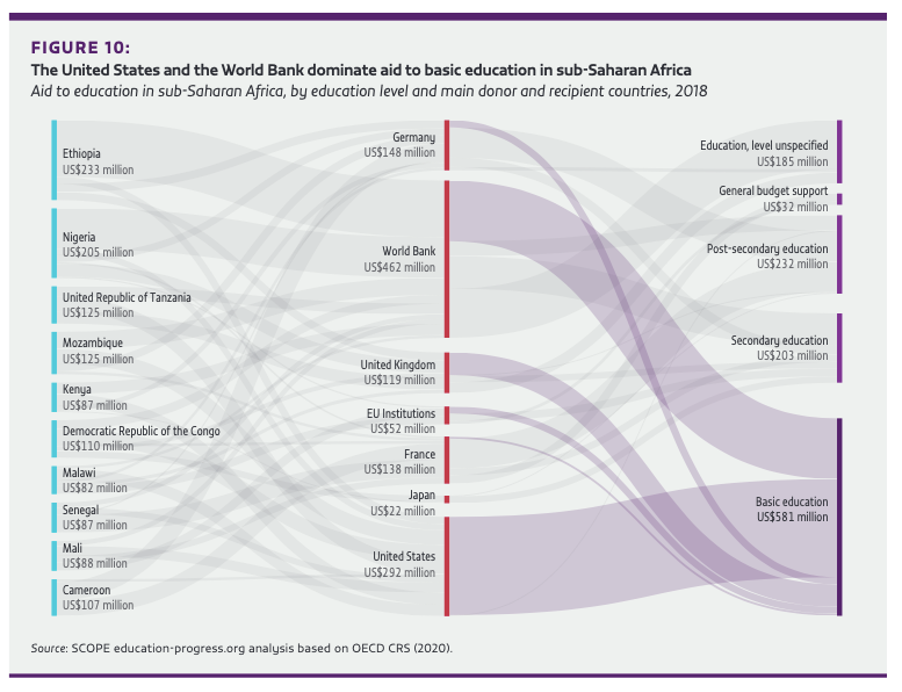
Flows from other bilateral donors were low, which may partly reflect relatively low spending by GPE in 2018. While the United States spreads aid to education relatively evenly across different countries, the World Bank and the United Kingdom have a clearer focus on countries with the largest populations. For instance, the largest single flow, worth US$143 million, was the World Bank’s support to basic education in Ethiopia.
Aid to secondary education, meanwhile, reached US$3 billion in 2018, again the largest amount ever recorded. Here, Germany is the largest donor: it allocated US$412 million on average in 2016–2018, slightly more than the World Bank, which disbursed US$405 million. Unlike in basic education, the Asian Development Bank, Japan and the Republic of Korea ranked within the 10 largest donors in this category, implying their aid priorities are placed on secondary education.
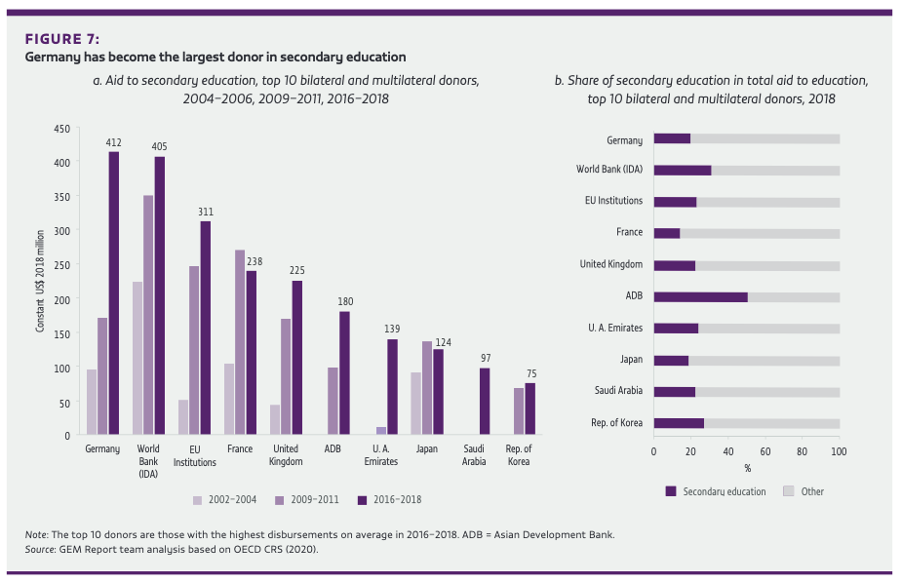
Aid to post-secondary education reached US$6.1 billion in 2018, also the largest sum on record. Germany and France are the largest donors at this level: they reported disbursements of US$1.5 billion and US$1 billion, respectively, on average per year between 2016 and 2018. Over 80% went to imputed student costs, however. Germany spent 6% on scholarships and France spent 14%.
The new paper by the GEM Report shows that COVID-19 is likely to have a severe impact on many of these aid flows. The United Kingdom’s GDP is expected to fall by 10.2% in 2020, for instance, which could lead to a drop of US$100 million in its total aid to education. As donor countries reallocate funds to deal with increased unemployment and enterprise bankruptcies, aid volumes will inevitably be reduced – not least because some of the donors will suffer the consequences of reduced revenues from taxes or natural resources. Moreover, travel restrictions and continuing uncertainty will hamper the implementation of technical assistance programmes, despite increased needs to support the response to the pandemic, through distance learning mechanisms or the implementation of school reopening protocols. Donor priorities may shift to health or other emergency priorities. International student mobility, which accounts for US$3.1 billion of total aid to education, will be curtailed. Even without these final two effects, aid to education levels may not return to 2018 levels for another six years.
Fuente: https://gemreportunesco.wordpress.com/2020/07/30/which-are-the-biggest-aid-donors-to-education/
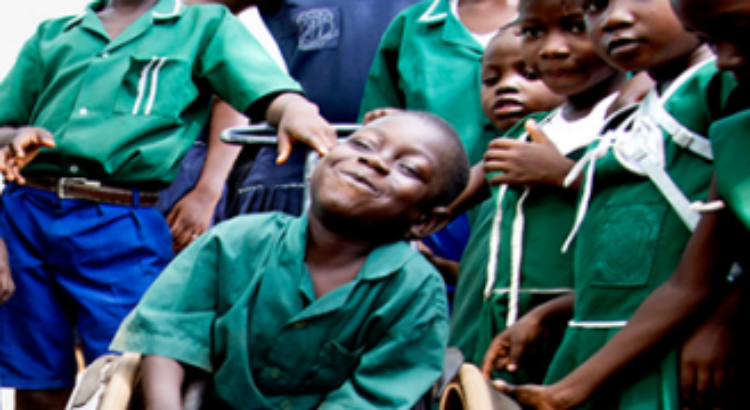
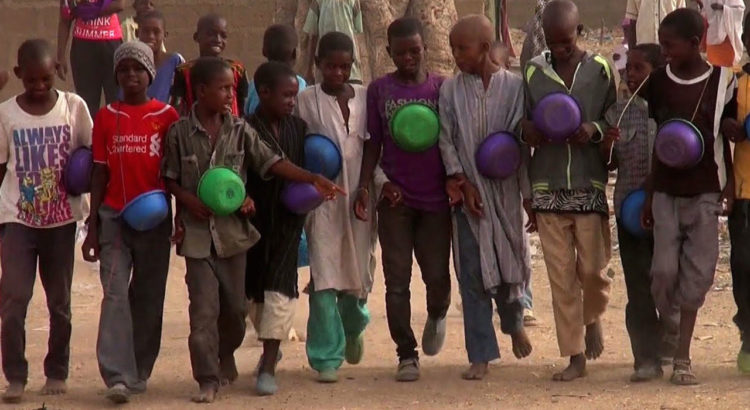
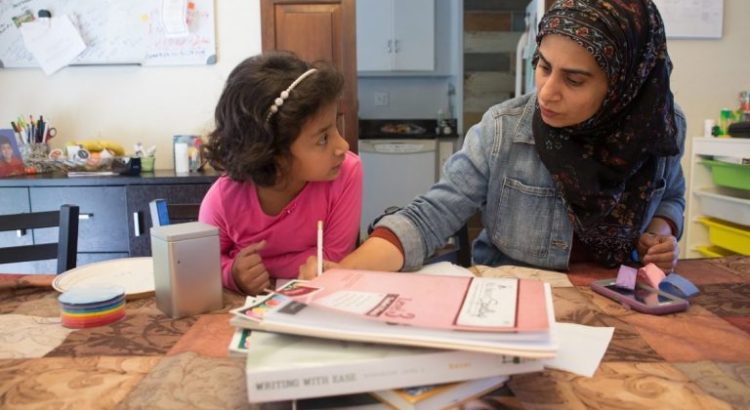
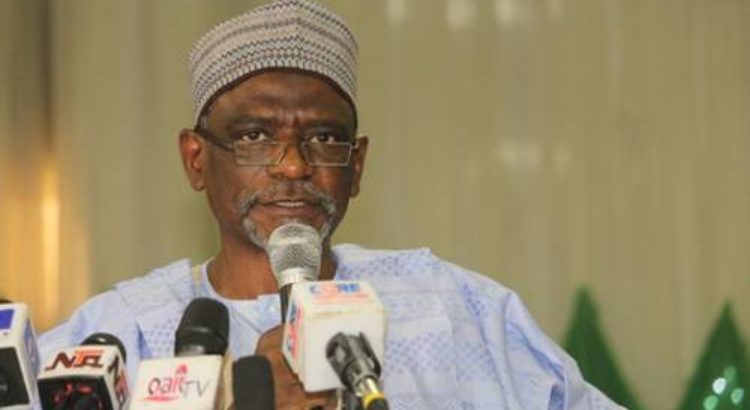

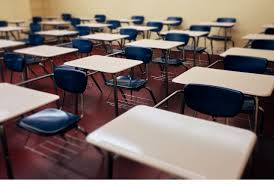
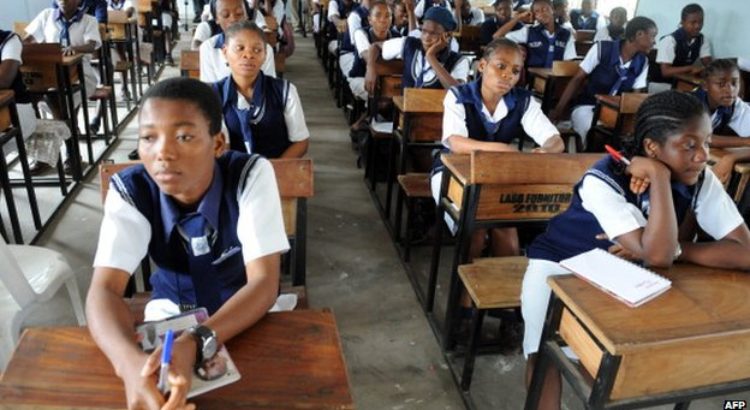





 Users Today : 243
Users Today : 243 Total Users : 35459838
Total Users : 35459838 Views Today : 410
Views Today : 410 Total views : 3418382
Total views : 3418382